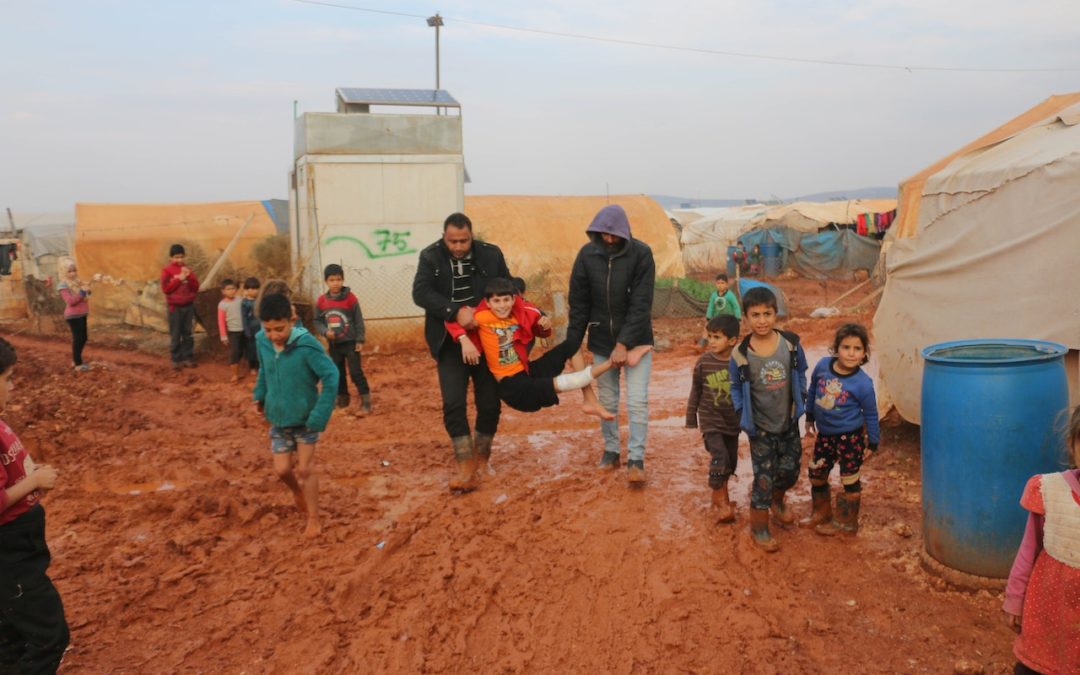Sometimes a seemingly insignificant blip on the global news radar can ripple out, altering the course of your life and the destiny of your family. Such was the instance when the announcement of a military coup in distant Uganda filtered through the airwaves in January of 1971.
For most, the rise to power of Idi Amin barely made a blip in their consciousness. Uganda was a far-flung country, obscured in the global landscape, its reputation stained with corruption, yet renowned for its coffee. But for my family, this grim turn of events struck at the heart of our existence – it was not merely happening near our home, but was savaging the very soil of our homeland.
Shortly after taking power, Amin initiated a reign of terror, systematically tearing Uganda apart. In August 1972, Amin declared that Uganda had no room for “the over 80,000 Asians” who he accused of “sabotaging Uganda’s economy.” His persecution particularly targeted the nation’s most industrious citizens, the vital pillars of the economy. Their properties were seized, their lives upended, and many were brutally ejected from the country.
My family was caught in this brutal ethnic cleansing campaign. Like other Ugandans of Asian descent, we were ruthlessly stripped of everything familiar and hurled into an arduous new existence as refugees – a family in exile, with no country to call our own.
By the time Amin’s program of expulsions ended, Uganda lay ravaged – nearly 90% of the country’s revenue had been drained, and the economy crumbled into dust. In a bizarre display of delusion, the dictator declared himself the “uncrowned king of Scotland,” and assigned himself a title of grandiose verbosity, epitomizing his despotic rule.
But the enduring spirit of humanity often shines the brightest in the bleakest of times. As Amin’s reign dwindled into the annals of infamy, his victims rose from the ashes, grappling with adversity, and triumphing over it. My family’s story, and Canada’s generous part in it, evolved into an uplifting saga of hope and determination.
After enduring years in an Austrian refugee camp, my family was granted asylum in Canada. We arrived on its welcoming shores with less than $60 in our pockets. But we were gifted something invaluable – a safe haven, a chance at a fulfilling life, and a platform to dream.
From an early age, adversity shaped me into a driven individual, fueling my imagination with visions of potential businesses that could lend stability to my family’s life.
Witnessing my parents tirelessly rebuild their lives, despite their qualifications being unrecognized in Canada, honed my entrepreneurial spirit. We had been expelled from Uganda and found refuge in Canada, and my family was determined not to exploit its social welfare system. So, we rolled up our sleeves, tackling any jobs we could find – I took to delivering newspapers, mowing lawns, and shoveling driveways at a tender age. It was about survival.
Embodying the noble virtues of generosity and service, my family pledged to express our deep gratitude to Canada, the country we now proudly call home, by giving back to the community.
Idi Amin is now just a grim specter in history, but I’d like to believe my family is flourishing. From tragedy to triumph, our journey stands as a testament to the resilient spirit of humanity, forever etched in history.
From a refugee to a philanthropist, Arif’s journey is a testament to the human spirit’s resilience. His story is an inspiration to many, echoing the sentiment that no matter where we come from or what our circumstances are, with determination and hard work, we can overcome adversity and contribute positively to the community.
